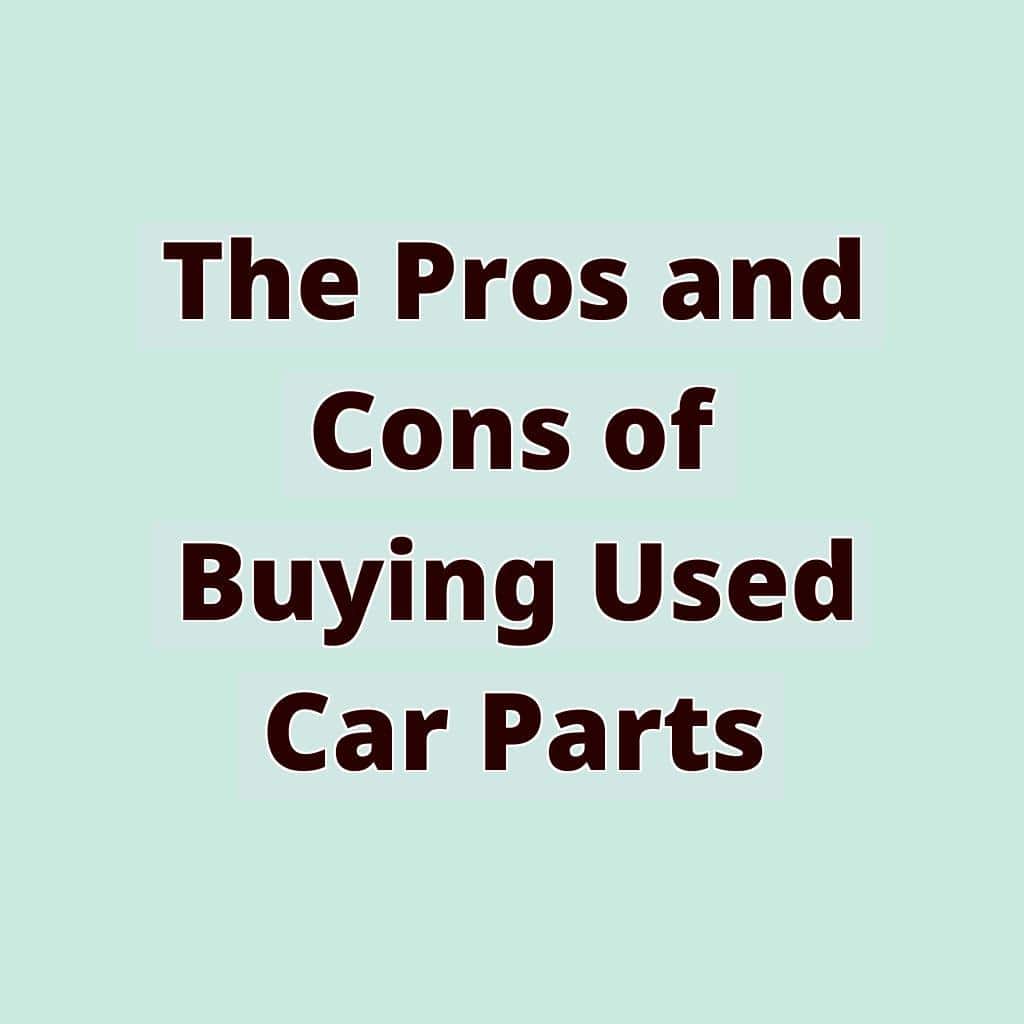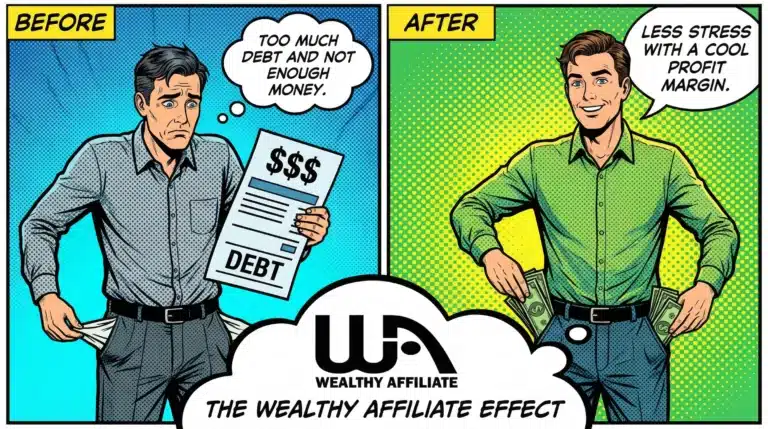Are you in need of car repairs but feeling wary about the cost of brand new parts? One alternative that many car owners consider is buying used car parts. This can be a cost-effective solution, but it also comes with its own set of advantages and disadvantages. In this blog post, I will explore the pros and cons of buying used car parts to help you make an informed decision.
Pros of Buying Used Car Parts
Cost-Effective
One of the most significant benefits of purchasing used car parts is the cost savings. Used parts are typically much cheaper than brand new ones, making them a great option for those looking to save money on repairs. This is especially advantageous for older vehicles or parts that are no longer manufactured.
Environmentally Friendly
By opting for used car parts, you are also contributing to environmental sustainability. Reusing parts helps reduce the demand for new production, which in turn lowers the environmental impact associated with manufacturing new parts. It’s a small but meaningful way to participate in eco-friendly practices.
Availability
Another advantage of buying used car parts is the availability. While some brand new parts may be hard to find or need to be ordered from the manufacturer, used parts are often readily accessible. This can save you time and effort in sourcing the necessary components for your vehicle.
Authenticity
Used car parts are original components that have already been tested in real-world conditions. This authenticity can sometimes be preferable to aftermarket parts, which may not always meet the same quality standards. Opting for used parts can give you peace of mind in knowing that you are using genuine parts for your vehicle.
Cons of Buying Used Car Parts
Quality Concerns
One of the main drawbacks of purchasing used car parts is the potential for lower quality compared to brand new parts. Used parts may have wear and tear or hidden defects that could compromise their performance. This risk is something to consider, especially for crucial components of your vehicle.
Limited Warranty
Unlike new parts that often come with warranties, used car parts typically do not have the same level of protection. While reputable sellers may offer some form of guarantee, it may not be as comprehensive or long-lasting as the warranties provided for new parts. This lack of warranty can be a downside for those concerned about potential issues down the line.
Compatibility Issues
Another challenge with used car parts is ensuring compatibility with your vehicle. Older parts or parts from different models may not always fit perfectly or function as intended. This can lead to additional time and costs spent on adjustments or modifications to make the used part work effectively in your car.
Unknown History
When buying used car parts, you may not always have a clear understanding of the part’s history. It could have been involved in an accident, exposed to harsh conditions, or improperly maintained. This unknown history can pose a risk in terms of reliability and longevity, as you may not know how much life the part has left.
The Bottom Line
In conclusion, the decision to buy used car parts comes with its own set of pros and cons. While the cost savings, environmental benefits, and availability make used parts an attractive option, there are also considerations regarding quality, warranty, compatibility, and history that need to be weighed. Ultimately, the choice between new and used car parts will depend on your specific circumstances, budget, and preferences. Whichever option you choose, it’s essential to do thorough research and buy from reputable sellers to ensure the best outcome for your vehicle.


